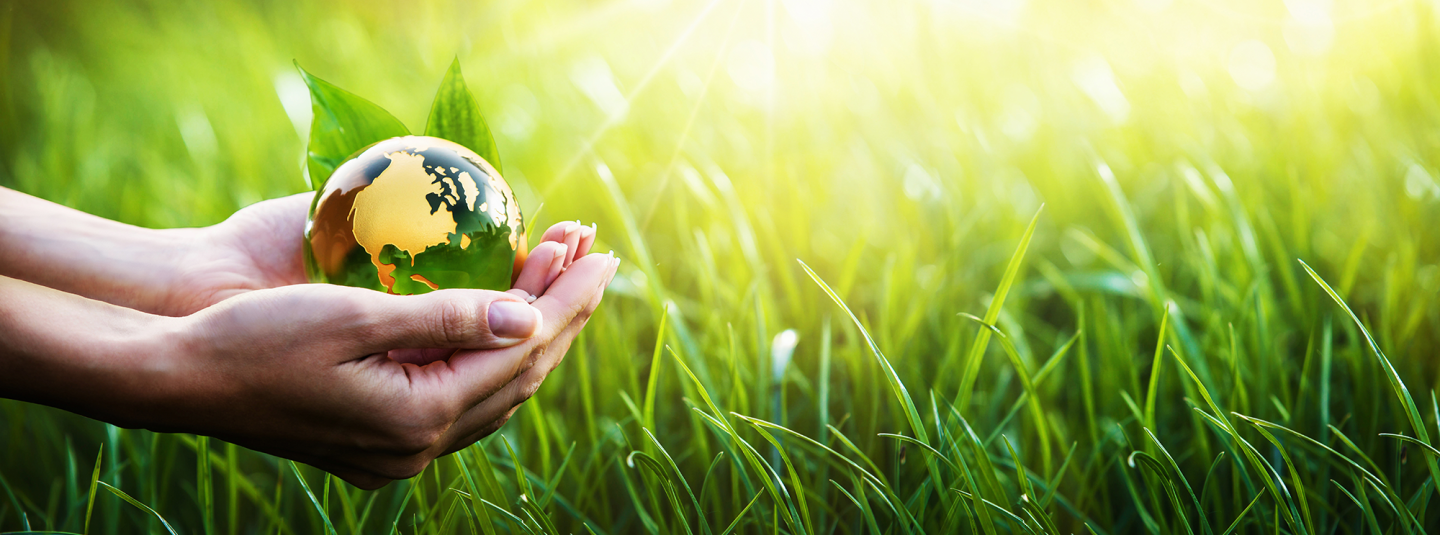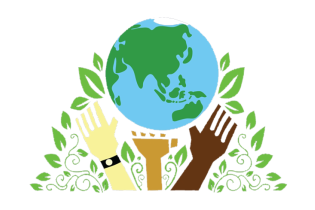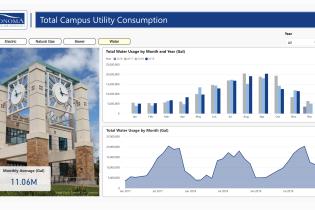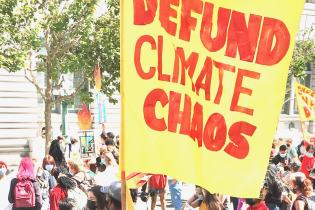WE NEED A BETTER PLEDGE... THE UPGRADED PLEDGE SHOULD HAVE IT'S OWN SECTION?
Learn about what personal actions you can take on a daily basis that result in the greatest reduction in greenhouse gasses.
Despite the wealth of information available, it is difficult to figure out which change in our actions can have the greatest benefit. This pledge is the result of a one-year effort reviewing literature and speaking with leading scientists and regional practitioners to identify the top three daily changes you can make to reduce your impact on the planet:
- Diet – reducing meat and dairy in our diet
- Energy Use – reducing travel and consumerism
- Getting Involved – bringing about policy-based change
Aligning your everyday actions with your values has a ripple effect, encouraging others around you to take action. Whether you are ready for a little or a big change, there are pledge options for you. Take the pledge and make a difference! (Figure 1).
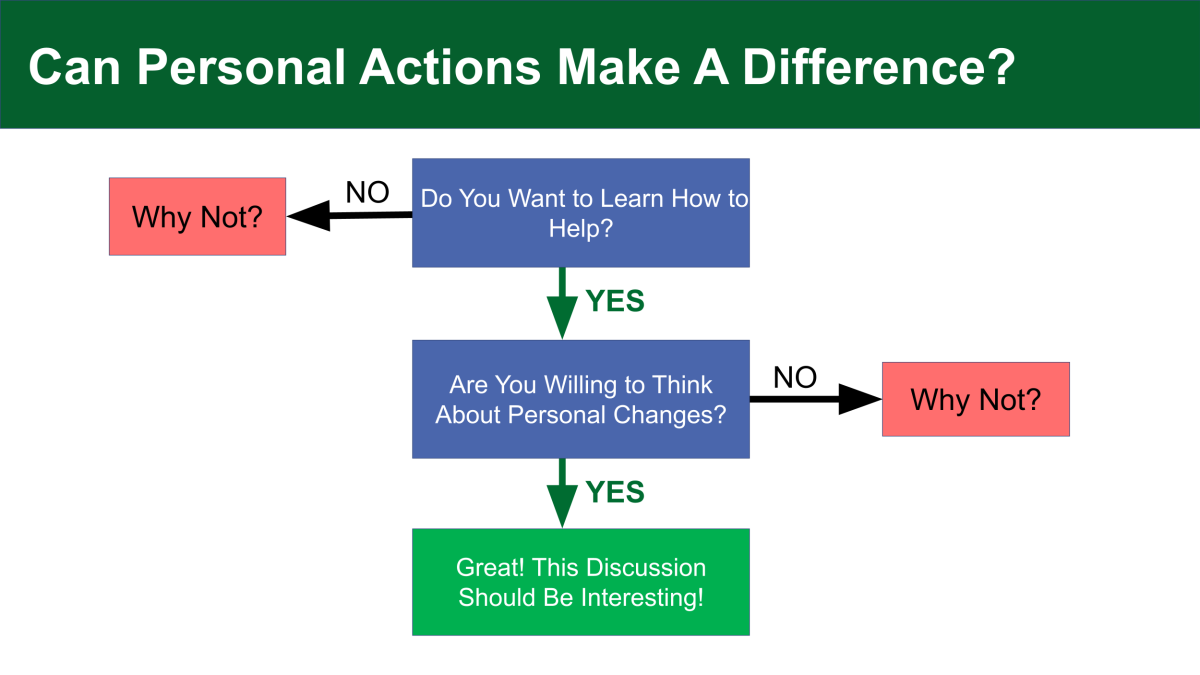
As far as we know, this particular pledge is unique in that it not only identifies which personal actions have the potential for greatest cumulative impact, but also calls on all participants (including community members) to become involved in reshaping our communities in order to address larger-scale climate issues. Following the lead of Bentley University, we urge faculty at Sonoma State to incorporate aspects of the pledge philosophy into their curriculum. In developing the pledge, we have generally followed the lead of the climate letter signed by over 11,000 scientists worldwide [Ripple, W., C. Wolf, T. Newsome, P. Barnard, W. Moomaw, (2020). World Scientists’ Warning of a Climate Emergency, BioScience, Volume 70, Issue 1, January 2020, Pages 8–12. The letter identified 6 areas (in no particular order) that are necessary to focus on in order to address the climate crisis: (1) energy, (2) short-lived pollutants (e.g., methane from animal agriculture, chlorofluorocarbons, etc.), (3) nature protection, (4) food / diet modification, (5) economic system revision, and (6) reining in population growth.
We have chosen to generally follow their lead, but focus on actions that individuals can adopt in their private lives. We have grouped the pledge into three categories: Diet, Energy Use, and Community Involvement.
The first category, Diet: Reducing Reliance on Animal Agriculture, was chosen because current diets are a major driver of climate change, and influence all areas of sustainability, including nature protection, biodiversity, pollution, water use, etc. Diet is also something we can focus on individually without the need for direct government intervention.
The second pledge category is Energy Use. This category is a bit more complicated, because in order to be truly transformative, this will require government and industry to work together on renewable energy in order to make our individual actions the most effective.
The third category is Community Involvement. All of us will need to become more involved if society as a whole is to really tackle issues such as transforming the electric grid, protecting nature, and revising the economic system to value the natural world.
Deployment of the pledge is planned to be via the World Wide Web. As such, footnotes for each of the sections appear with the relevant sections, rather than being gathered into one list at the end.
Finally, the pledge is envisaged as a living document, to be revised and updated on an ongoing basis. As such, we imagine that students, faculty, and staff should be encouraged to routinely provide input and suggestions to strengthen the pledge, perhaps as part of course instruction during the Fall Semester (so that new versions can be released on Earth Day each spring).
Such revisions may in fact modify some of the pledge as new discoveries are made and new approaches to sustainability are discovered. One of the most important lessons for us all is that these are complicated issues, and the real “pledge” that we all take by engaging is to think about our own personal choices.


